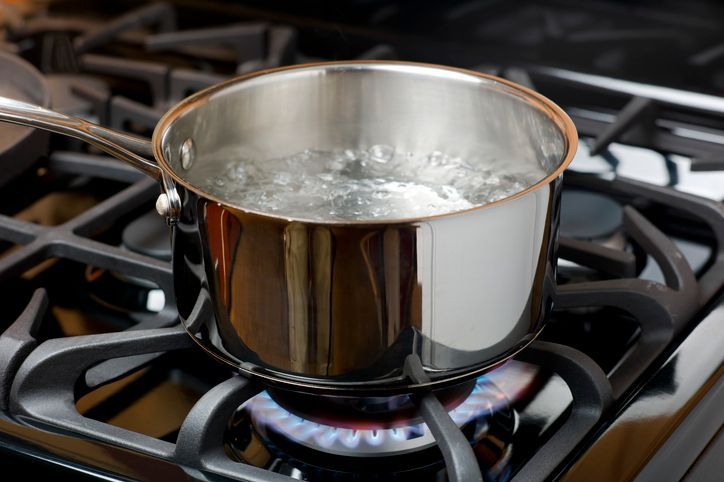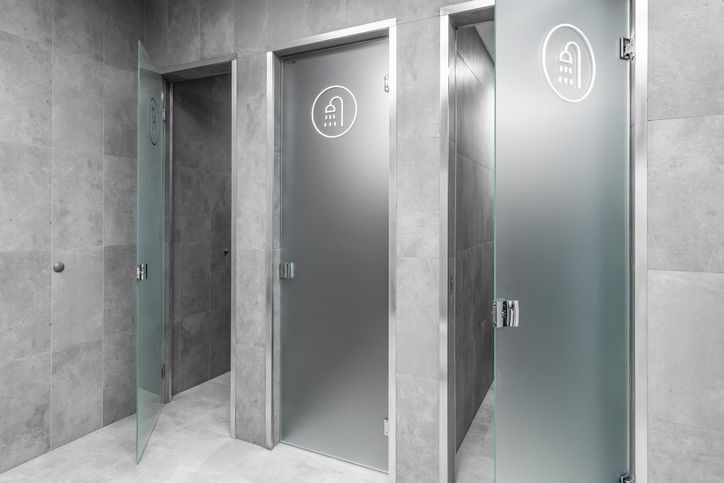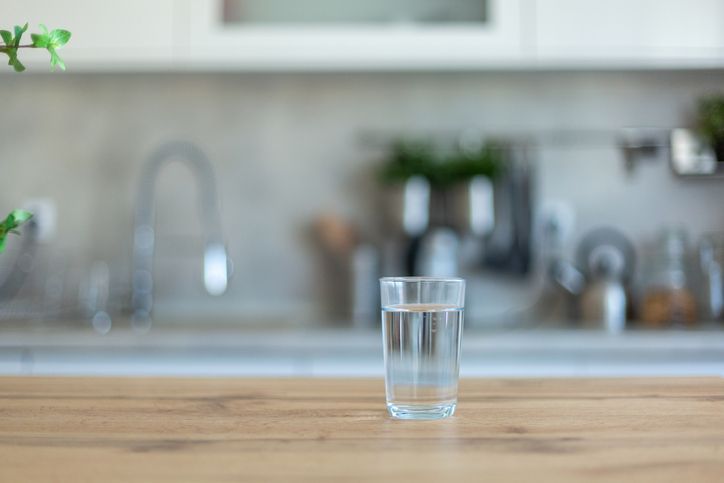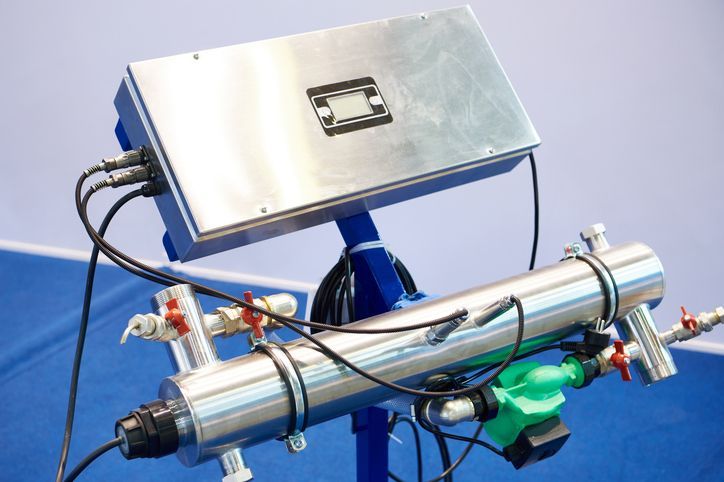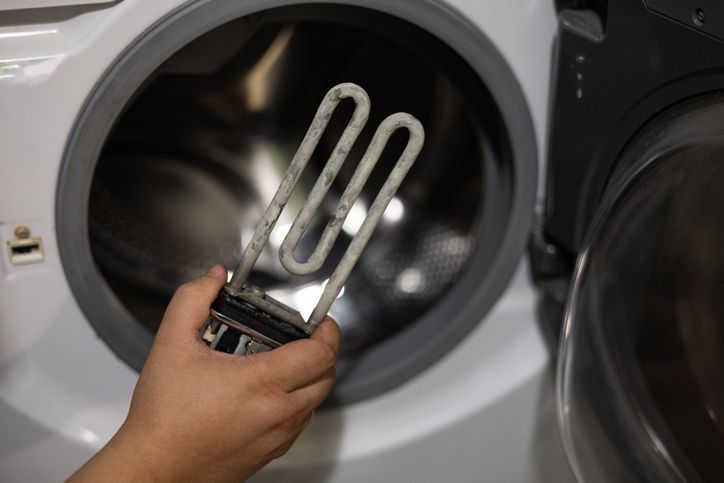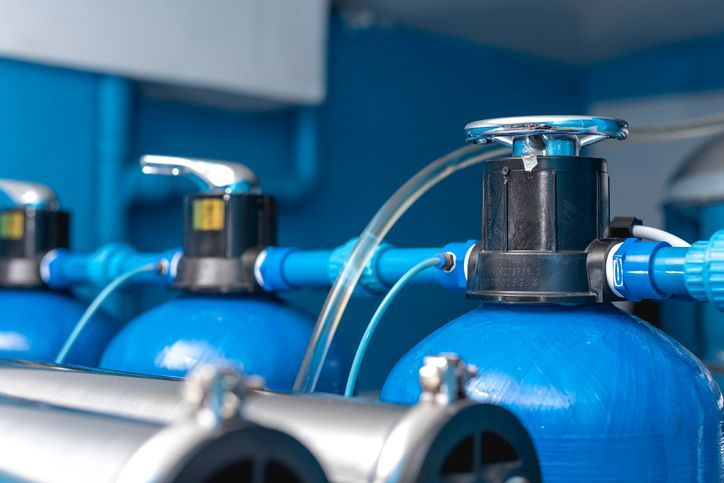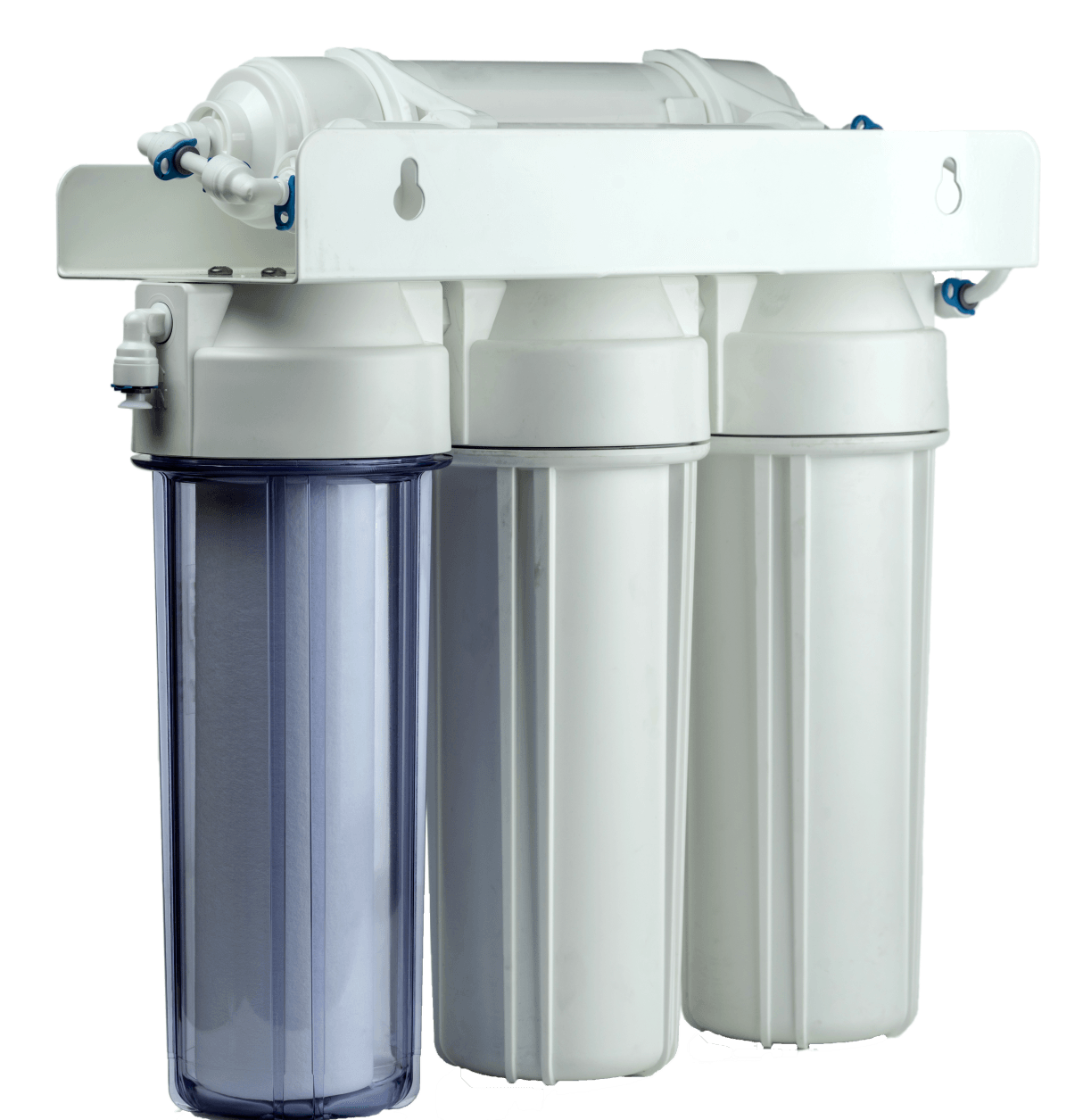How to Make Well Water Safe for Drinking
If you get your water from a private well, it is essential to have the well tested regularly and to have a filter system in place to ensure your well water is safe for drinking. At Aqua Solutions, we have put together some information on drinking water safety and what you can do to provide clean and safe drinking water to your household.
Why Should You Have Your Well Water Tested?
Even if your water looks or tastes normal, it does not mean that there are no chemical contaminants, bacteria, nitrates, or parasites in your well water. Butler customers and those in the surrounding areas should have their water tested regularly to ensure it is safe to drink.
Well water purity can be affected by several contaminants including:
- Naturally- occurring minerals and chemicals such as copper, arsenic, and radon.
- Pesticides and herbicides.
- Volatile Organic Compounds from industrial contamination and fuel drilling
- Heavy metals from mishandled waste or mining.
- Malfunctioning sewers or poorly manufactured septic systems
Even if your neighbor’s well water has been tested and is found to be safe, it doesn’t mean that your well is, so it is essential to have your water tested each year and to keep those test results for future reference.
At Aqua Solutions, we can test your well water for contaminants and help you find the best water filter system to treat your well water. We will perform a water quality test to check and measure the presence of bacteria and other pollutants in the water. We will test for:
- pH level
- Total coliform bacteria
- Total dissolved solids
- Nitrates
Water Filters for Well Water Treatment
Since groundwater is not 100% pure, it is important to have measures in place to help treat and purify the well water to make it suitable for drinking and cooking. Each type of water treatment system has unique benefits.
Water Filters
Water filters are one way that you can remove contaminants from your water. When your water is sourced from a well, you could require a more vigorous water filtration system than those who don’t have well water due to the various contaminants seeping into the soil and your water system.
Most water filters on the market use physical and chemical filtration to remove contaminants from well water. A water filter works by taking the water that is coming into your home and pushing it through a barrier (physical filtration) or active media (chemical filtration) to remove particles and contaminants from the water.
Water Softeners
Water softeners are primarily used to make hard water soft. Hard water is common in places that have hot weather, low rainfall, or soil with high mineral content. If you notice white deposits on the inside of your appliances that use water, like your dishwasher, it is a sign you may have hard water.
The calcium and magnesium in the hard water are what makes up the lime-scale build up in your pipes and appliances. Other hard water issues include dry skin, spots on glasses and dishes, and shorter water heater life. Hard water build-up can also clog pipes or affect the smell and taste of your water.
A water softener works by taking water from your well and filtrates it with a resonated media. The resonated media works to clear out the calcium, magnesium, and some small traces of iron out of your well water, making it soft.
Ultra Violet Light Disinfecting
Physical disinfectants such as ultraviolet light can help deactivate or kill microorganisms. With recent advances in technology, homeowners can now use UV light to disinfect their well water.
When microorganisms are exposed to the right amount of UV light, it causes their DNA structure to scramble, preventing them from reproducing. Once they become sterile, they are no longer a threat to your well water.
The UV lamp produces energy that is used to destroy microorganisms that can live in water. The five major microorganisms include:
- Viruses
- Protozoa
- Fungi
- Algae
- Bacteria
Quality Water Treatment Systems in Butler
At Aqua Solutions , we offer well water testing and also provide our customers with a wide range of water treatment options. Butler area homeowners and those in the surrounding areas who use well water should contact us today to schedule an appointment for water testing.

Author:
Gary Monks
Gary Monks has led Aqua Solutions since 1997, earning recognition as a water treatment expert with 25 years of experience. Renowned in Butler, he has won the Best Water Treatment award for three years and actively supports the community, including local sports and radio engagements.
